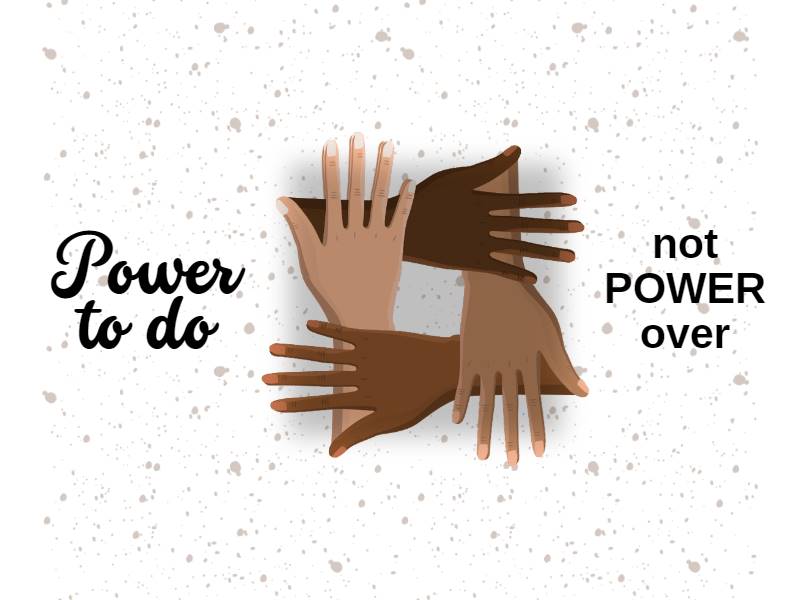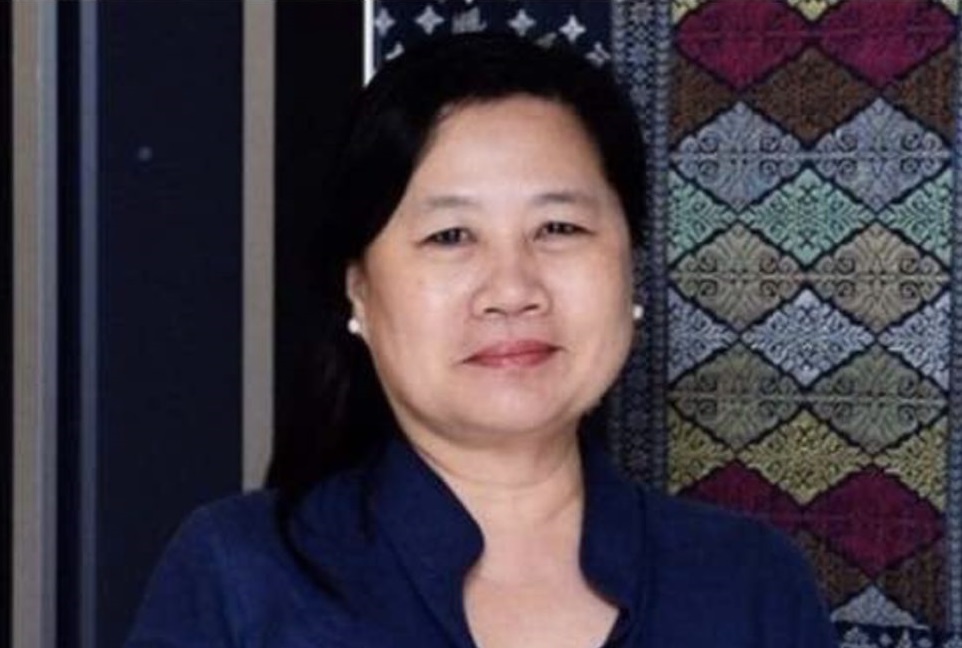
By Yuet Mee Ho-Nambiar
We are very familiar with the concept of power expressed in countless forms in our relationships. Think how this exists at home in the way spouses interact with each other, in how parents interact with their children, in how we interact with our aged parents. In our schools we see nuances of this manifested between teachers and with students, and in our workplaces in the way we interact with our colleagues, our customers, and the authorities. What about the way we behave when we interact with members of law and order, or when we interact with those that we perceive to be different from us in our communities?
No one will disagree that the dynamics of domination and opposition have come to define many human relationships. This widely accepted concept of power as a means of domination, with the accompanying notions of contest, contention, division, and superiority, generates inequality, violence, and exploitation. Hence efforts to achieve equality in gender, race, diverse groups, or society are frequently framed as battles for power. Set up in our society like a zero-sum game, power is perceived as a finite resource which is to be “seized” and “jealously guarded”. This scarcity mental model shapes us to fight for access to limited resources and for positions of privilege, power taken by one group from another. Hence, the widespread extremes of wealth, and the wide-scale displacement of people in the form of refugee movement that we see around us.
Undoubtedly, there has been considerable positive power shifts in many areas in recent years, resulting, for instance in the advancement of women’s and minority rights, and in broadening girls’ access to education in many countries. One significant milestone is in the near-universal acknowledgement that women and men are equal. Nevertheless, while the ideal of equality is generally acknowledged, its expression in all facets of life is far from realized, evidenced from the news we read from near and far.
It is often noted that the current notion of power is largely externally driven and exerted by material concerns (eg wealth or military force) often resulting in ‘power over another’ whereas the more constructive and generative power expressed in the form of ‘power to do’ often emerges from personal sensibilities, such as morality or the desire to collaborate and cooperate.
So, if historical processes have created inequalities and the current adversarial expressions of power have ceased to be useful as it is ultimately incompatible with the social requirements of justice, solidarity, and peace, surely we would want to explore alternative approaches which would better serve to sustain society and that would yield our collective prosperity and well-being.
So, the question before us is this: Is a zero-sum paradigm the key driver of our human social organization? Are there alternative systems and structures that can be created that allow all people to thrive concurrently – that will work for 100% of the people? Should we continue to focus on perpetuating a system that has so often failed us, or should we bend our energies, time, and resources towards creating a new one that has the power to uplift us all? What expressions of power would give rise to such systems and structures?
Explore this thought experiment: what if we challenge our preconceived notions of power, how it is expressed, and how it can best be exercised? And consider the outcomes if we conceive power in a different manner, associated with notions of solidarity, of love, of service to the greater good? What if we were to re-frame power as a limitless resource that one can channel to enact positive movements in the world? What if we perceive power as the capacity to uplift, to unite for a greater good, to be just, to show compassion, to persevere, to transform? The kind of power which empowers, encourages, channels, guides, and enables us to realise the highest potential of individuals?
Crucially too, what beliefs, norms, practices, and conversations will our families, civil societies and governments need to adopt to engender this alternate concept of power? How can we ensure that our means are consistent with our desired ends?
Empowerment can serve as a mechanism for effecting deep and broad-based social change, as it provides a means of improving quality of life and expanding the basis of human well-being. It is an outcome of the development of individuals, achieved through education, training, access to material resources, etc, and supported by societal structural changes.
Particularly on education, it is one of the essential solutions that will enable the establishment of patterns of relationship that are commensurate with humanity’s needs. Educational models that uphold that we are of one human family and that each member of the human race is born into the world as a trust of the whole and has a responsibility to the whole; education that illumines us that every individual and group have room for advancement, that the marginalized are not without capacity, and the privileged are not all-powerful, that all have capacity to develop and all have a responsibility to advance the welfare of the whole; education that raises our understanding on the divisive notions of “us” and “them” and that the us/them dichotomies only perpetuate and reinforce existing divisions; education that assist development of capacities for unity and integration and a genuine love for all fellow human beings; an orientation to service that will help us address challenges over time with patience and steadfastness; a vision of the future that will motivate us to work towards the transformation of harmful customs and values in our local communities that obstruct progress; and an attitude of humility that will enable us to be open to the perspectives of others and free from rigid attachment to our own views and approaches.
We are living today in a unique period in history. In this volatile, uncertain, complex, and ambiguous world, the need for a new understanding of our relationships with each other – between the individual, the community, and the institutions of society – becomes ever more pressing. Our interdependence must be recognized, and old paradigms of conflict need to be replaced with more profound conceptions of the complementary roles to be played by each in building a better world.
We must hence learn how to draw on constructive expressions of power that will capacitate our efforts to build a fair and equal society. And our individual efforts be supported by communities and institutions which allow for the creation of environments in which the powers of our noble human spirit can be released: the power of unity, of love, of humble service, of pure deeds.

Guided by personal ethics of ‘do more good’, Yuet Mee Ho-Nambiar has a long involvement with sustainability and community building activities. Belief in the oneness of humanity and the nobility of man underpins her interest in matters relating to unity and social cohesion of communities, while her background in a finance-related profession focuses her interest to the area of inclusive economics and development.
The views expressed here are that of the writer’s and not necessarily that of Weekly Echo’s.